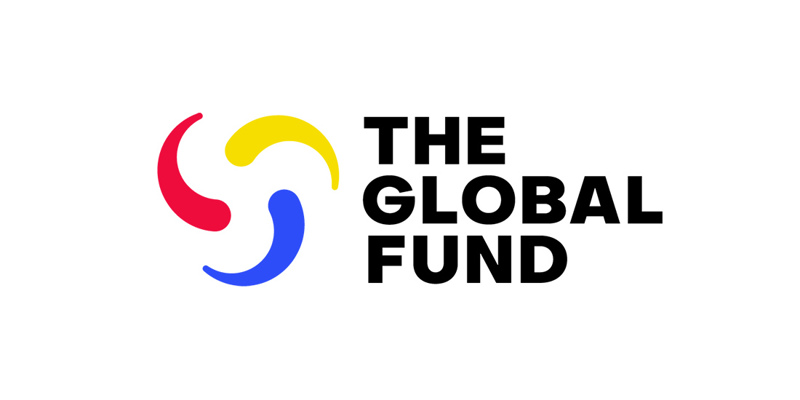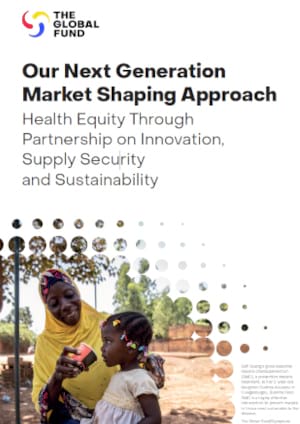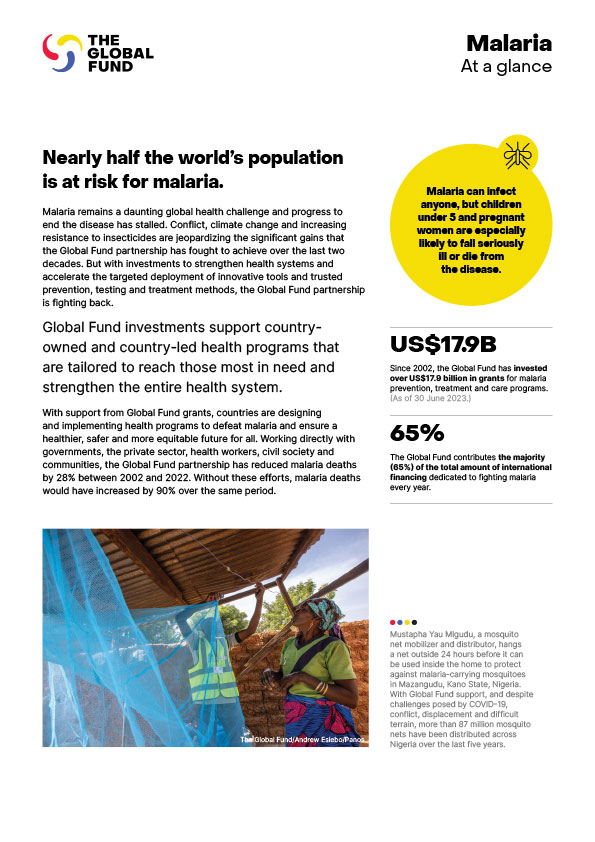Audit of Grants in Niger
03 September 2018
Despite a challenging operating environment, Niger has made significant progress against the three diseases. The supply chain is able to distribute medicines, but fundamental gaps in the quantification, forecasting and stock monitoring processes still result in disruption of services. Many of the issues could be mitigated through more effective oversight, clear and binding accountability mechanisms, efficient use of available information and improved coordination between the various implementation partners, without material additional investment.
The quality of the three programs has improved over the last two years, mainly on outreach of services and commodities, particularly for malaria. This has resulted in a material decline in mortality for malaria and HIV, with a 30% decline in malaria prevalence and mortality between 2010 and 2015. However, challenges remain: material programmatic data inconsistencies, missing data records, weakness in the health care services and non-adherence to treatment guidelines. While these issues are to be expected in a challenging operating environment, the coverage, quality and coordination of supervision activities require improvements. The Global Fund and partners are supporting information systems improvements and solutions.
When extensive financial irregularities were identified in 2014, two new implementers were appointed, and assurances and controls over grant funds were expanded. These measures have significantly mitigated the financial risks in the malaria and HIV programs. For tuberculosis, while financial management risks have been mitigated, procurement activities still have some issues around transparency and competition.







